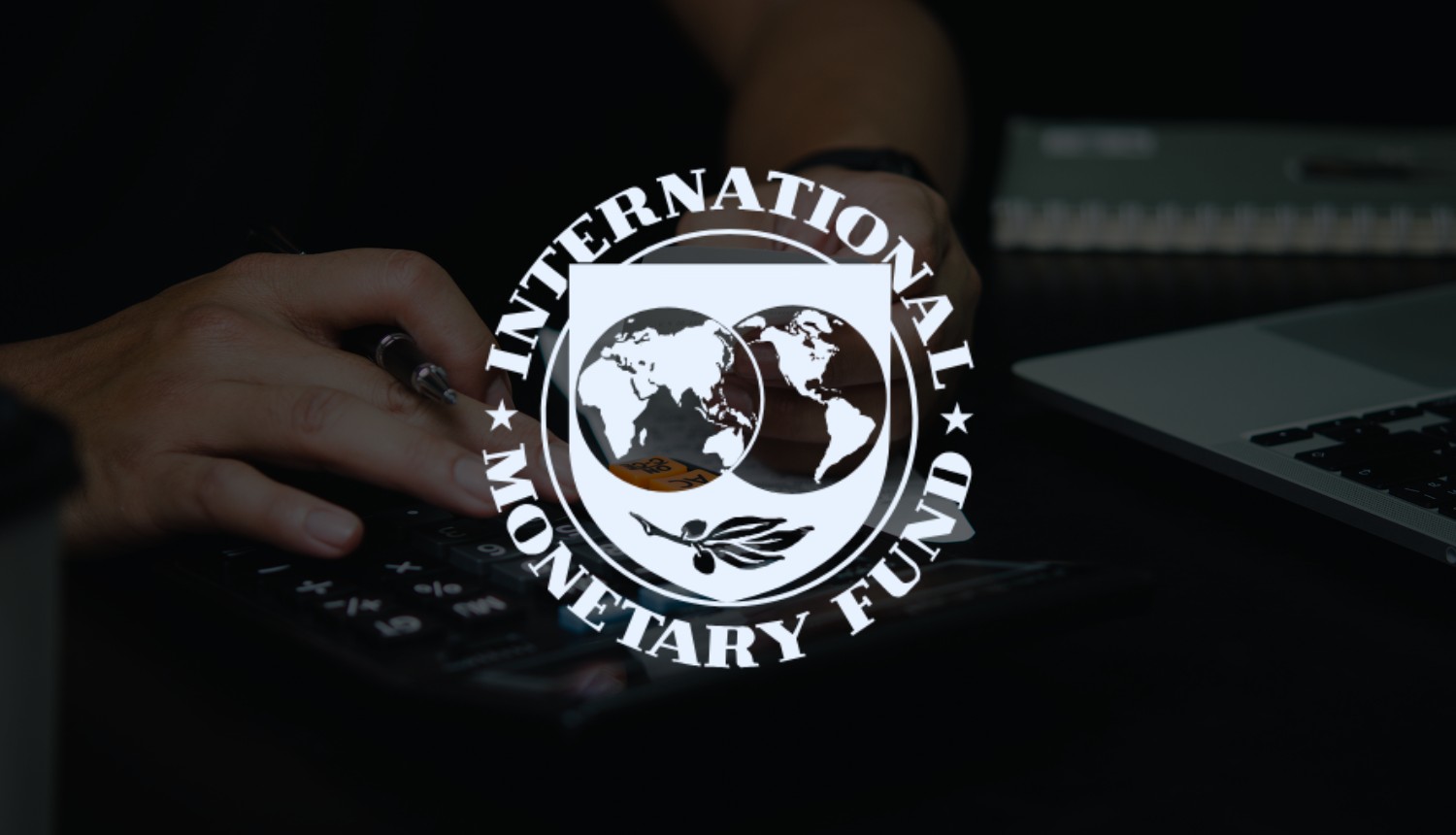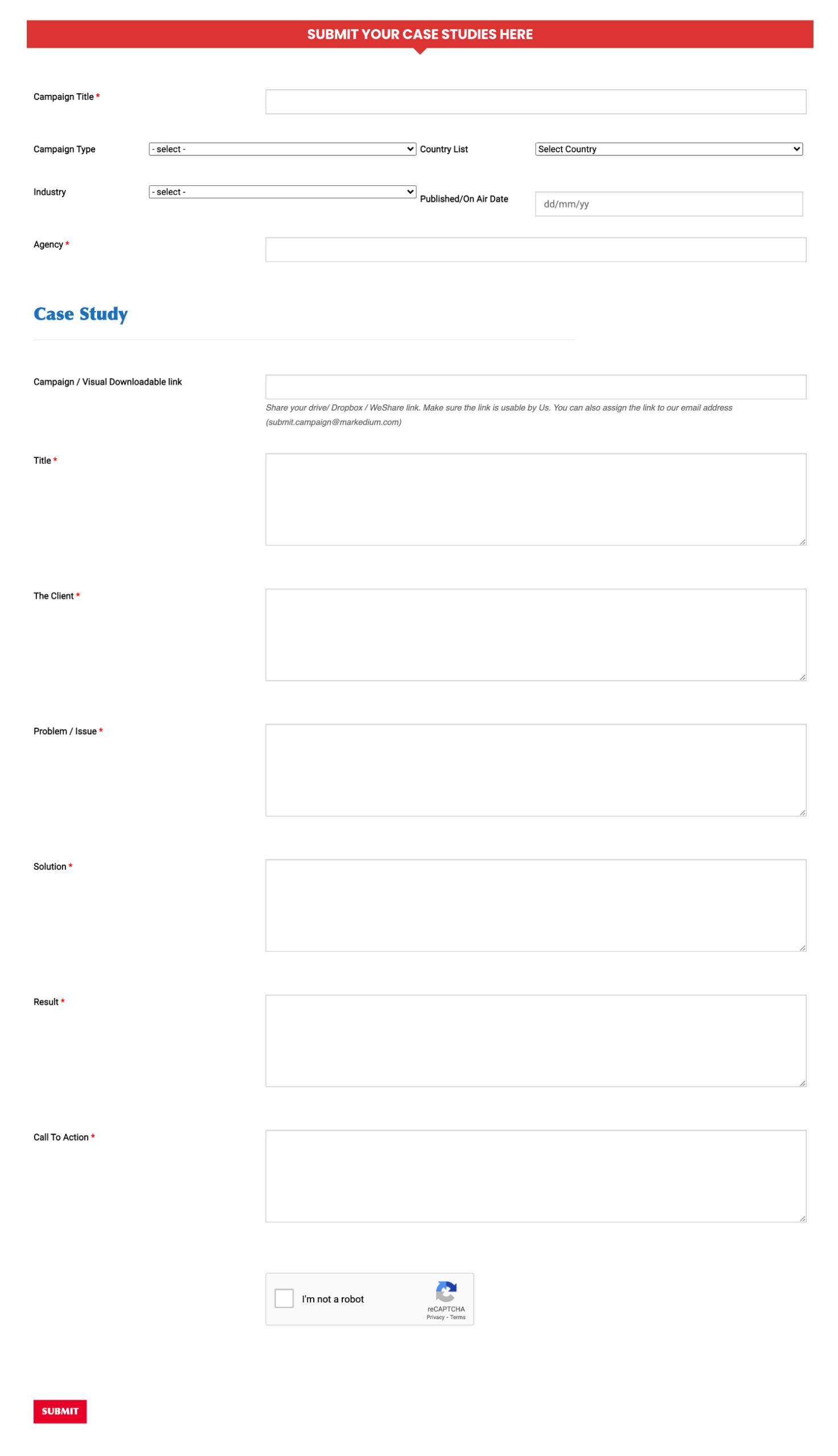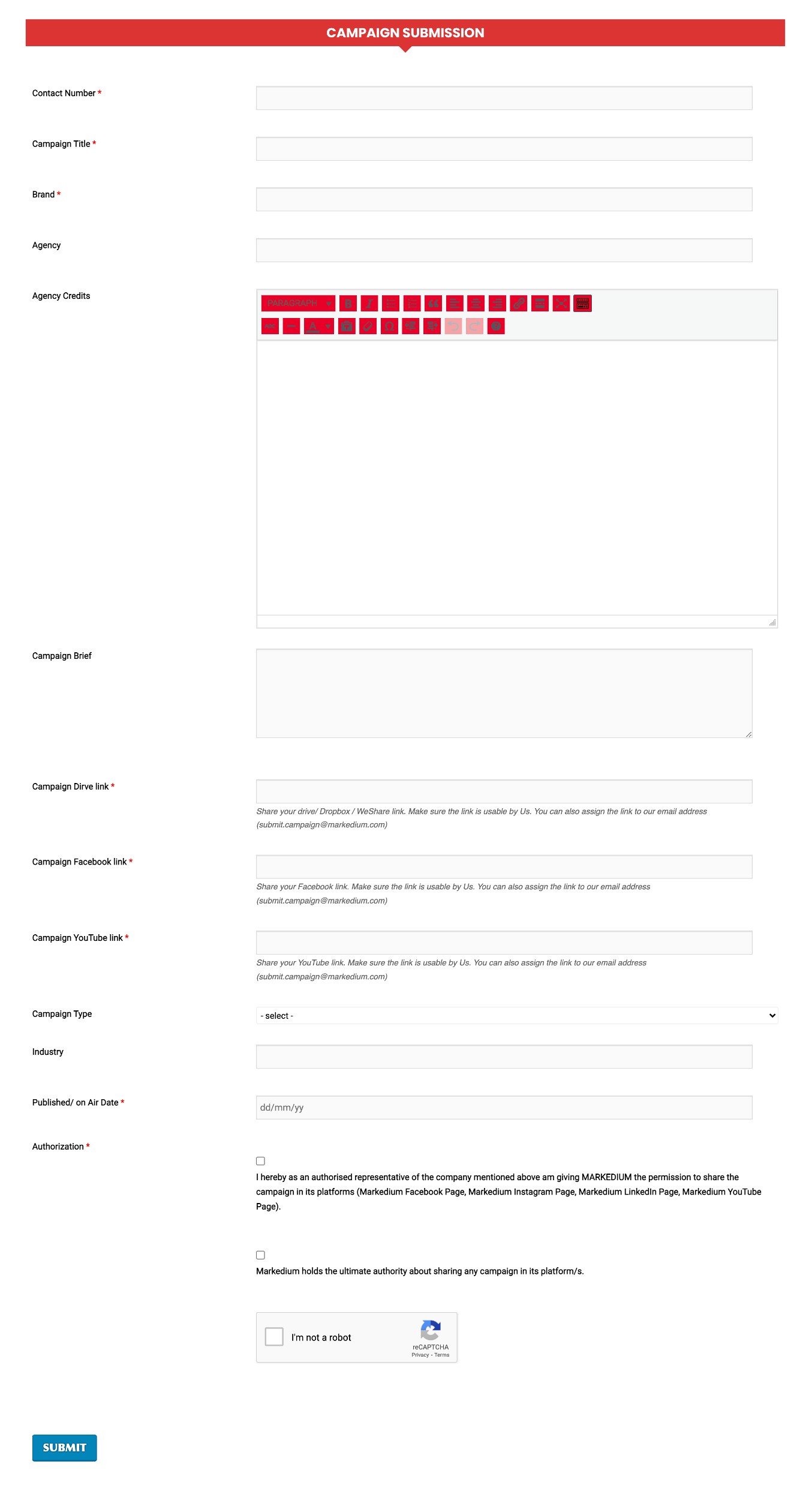
IMF Suggests 15% VAT on Businesses Over Tk 3cr Turnover2 min read
The IMF’s proposal, unveiled during a recent meeting with National Board of Revenue (NBR) officials, advocates for the withdrawal of VAT exemptions and rate reductions across various sectors, encompassing clothing, footwear, education, healthcare, liquefied petroleum gas, and mobile phones. If implemented, sectors currently enjoying reduced rates or tax exemptions, including health, education, agriculture, and daily necessities, could face a uniform 15% VAT rate, according to NBR sources.
While the IMF argues that such measures could enhance tax compliance and bolster economic stability, concerns have emerged regarding potential adverse effects on local industries, inflationary pressures, and increased import dependency. Notably, a top NBR official cautioned that the proposed VAT hike might escalate commodity prices, posing challenges to businesses and consumers alike.
The debate surrounding VAT restructuring in Bangladesh is not new. The IMF’s previous recommendation for a flat 15% VAT rate for all transactions encountered resistance from businesses upon its introduction in 2012. Despite subsequent amendments accommodating trader demands, the prospect of revisiting VAT policies continues to evoke mixed reactions.
Under the IMF’s proposal, businesses may benefit from input tax credits, wherein VAT is applied solely to value-added processes. However, challenges persist regarding compliance, particularly among informal sector enterprises, due to stringent record-keeping requirements. Against this backdrop, the NBR faces the daunting task of striking a balance between revenue generation and economic sustainability. With the IMF delegation seeking concrete timelines for tax reforms and expenditure reductions, NBR officials are under pressure to devise comprehensive strategies to meet fiscal targets while minimizing disruption to the economy.
The ongoing deliberations underscore the critical juncture at which Bangladesh’s tax policy stands, with the IMF’s conditionalities shaping the trajectory of fiscal reforms and economic development. As stakeholders await further updates on the outcomes of these discussions, the implications of VAT restructuring loom large over Bangladesh’s economic landscape.
For more updates, follow Markedium.


